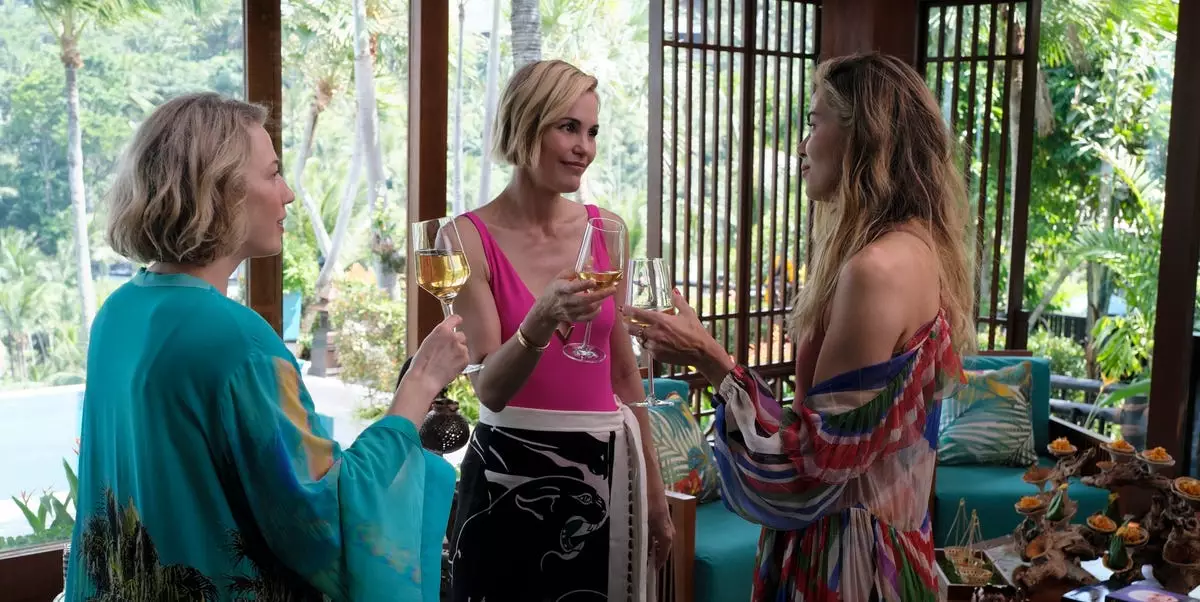For fans of HBO’s renowned series, The White Lotus, the anticipation surrounding the show’s return is always tinged with nostalgia and expectation. After a lengthy three-year hiatus, viewers were eagerly awaiting the familiar strains of the show’s iconic theme song that had become synonymous with its unique blend of drama and dark humor. The original theme, lovingly referred to as “Aloha!” in Season 1, and the more elaborate “Renaissance” from Season 2 had not only defined the show’s auditory landscape but also achieved significant popularity, even infiltrating popular culture and playlists across streaming platforms.
A Surprising Departure
However, the debut of the third season has brought a perplexing twist: a completely new theme. The playful staccato notes of this fresh score stand in stark contrast to the emotional resonance of the previous iterations. While catchy, the new melody lacks the visceral punch that captivated audiences in earlier seasons. This shift has left many fans feeling a sense of loss, as they grapple with the absence of the musical signature they had come to associate with the series’ identity and thematic depth.
The departure from well-loved motifs poses an intriguing question about the relationship between music and storytelling. The original themes were crafted by composer Cristobal Tapia de Veer, whose ability to weave distinct melodies into the narrative fabric of The White Lotus captured the essence of its storyline. The surge in Spotify streams—an astounding 200% increase for “Aloha!” and the remixing of “Renaissance” by notable artists like Tiësto—underscored the profound cultural impact of the original compositions. This change in direction in Season 3 reflects an important artistic choice but also risks alienating parts of the audience that cherished its predecessors.
Tapia de Veer has hinted at his intent for season three, which is rooted in the themes of Eastern philosophy that resonate with Thailand’s cultural landscape. He shared insights about incorporating elements such as Thai gongs to add a spiritual dimension to the score. This approach signals a desire for the music to reflect the locale’s essence while carving out a distinct identity from the previous seasons. Nevertheless, this artistic direction raises the stakes considerably. Can viewers embrace a new musical identity, or will they long for the soundscapes that made the show a cultural phenomenon?
A New Journey Awaits
As the musical journey of The White Lotus continues into uncharted territory, fans are left to navigate their emotional responses to the series’ evolution. While initial responses may lean toward nostalgia for what once was, the opportunity to embrace a new auditory experience lies ahead. Composer Cristobal Tapia de Veer’s intention to explore deeper thematic elements through unique instrumentation offers the potential for a refreshing take that, while different, could nevertheless enrich the narrative tapestry of The White Lotus. Only time will tell whether this change will be celebrated or regretted, as audiences prepare to embrace this new chapter in sound, story, and spectacle.

